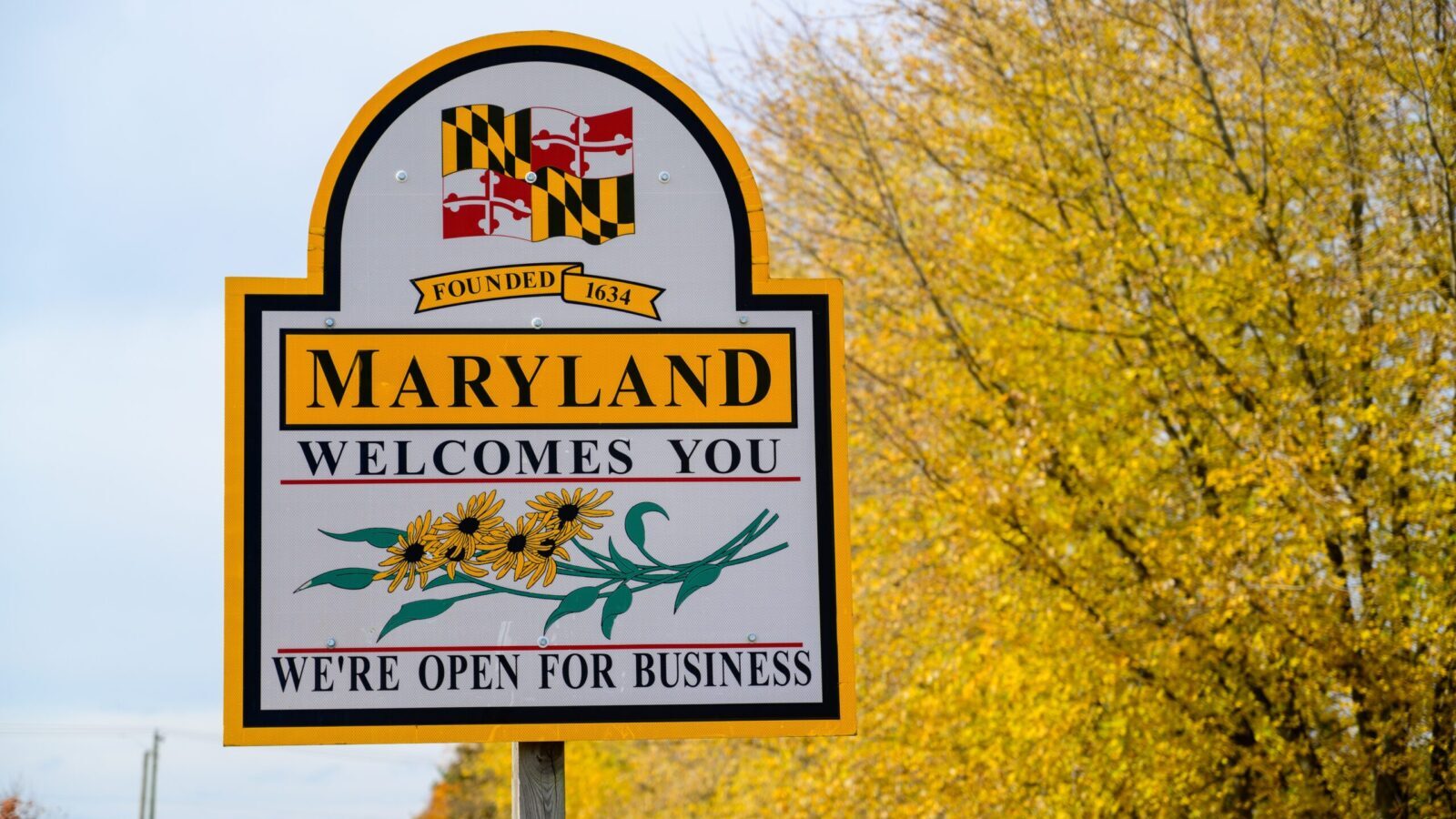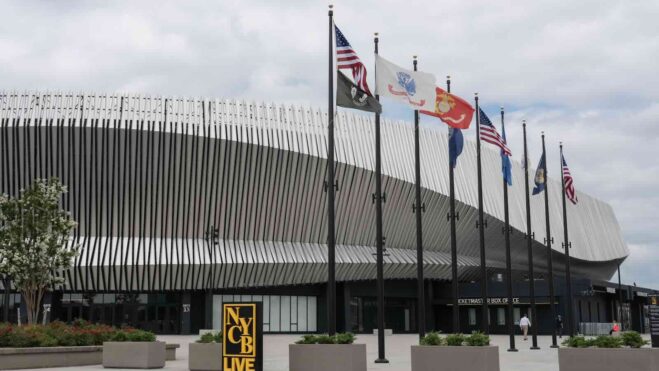Atterbeary Makes Second Run At Legalizing Internet Casino Gaming In Maryland
Del. Atterbeary championed the only iCasino bill that advanced from a lower legislative chamber in the U.S. in 2024
2 min

Maryland state Del. Vanessa Atterbeary has pre-filed a bill to legalize internet casino gaming, the second consecutive year she has filed such legislation in the Terrapin State.
Atterbeary, who is the chair of the state’s Ways and Means Committee, was able to comfortably navigate her bill through the House by a 92-43 margin in 2024, but it failed to progress in the Senate. It was, however, the only internet casino bill to advance from a lower legislative chamber in the U.S. last year.
Atterbeary’s bill would allow the Maryland State Lottery and Gaming Control, which currently regulates sports betting in the state, to issue up to five internet casino gaming licenses. Other provisions of the bill include licensees being required to make a commitment of at least $5 million toward live dealer studios in-state during the initial five-year license and the ability to enter multi-state jurisdictional agreements that regulate online poker.
The state would tax adjusted gross revenue generated from live dealer casino iGaming at 20% and all other internet casino adjusted gross revenue at 55%.
A nod to data requirements
Atterbeary’s filing this year includes a provision requiring licensees to provide “all transactional data and metrics related to internet gaming conducted in the state and acquired by an operator of the licensee on a monthly, quarterly, and annual basis to Morgan State University and Bowie State University.”
That addition appears to be the by-product of last year’s legislative session, where similar language existed in the Senate bill that failed to gain any traction and was not present in Atterbeary’s House bill. A study furnished last year by Morgan State that addressed both potential revenue cannibalization of brick-and-mortar casinos and responsible gaming concerns was a flashpoint of debate for both proponents and opponents of iGaming during a hearing conducted by the Senate’s Budget and Taxation Committee last March.
Other key provisions
Atterbeary’s bill creates an employee displacement fund of up to $10 million in the first year of internet casino gaming. It also includes a provision of social equity similar to sports betting in which video lottery licensees can acquire an additional license via partnering with applicants that “demonstrate direct or indirect ownership of at least 33% by social equity applicants.”
Social equity applicants must meet two of four conditions that include having “lived in an economically disadvantaged area for at least five of the 10 years immediately preceding the submission of the application,” attended a “4-year institution of higher learning in the state where at least 40% of the individuals who attend the institution of higher education are eligible for a Pell Grant,” and “attended a public school in an economically disadvantaged area for at least five years.”
Her bill includes a sliding scale of permissible promotional deductions for licensees based on revenue generation during the initial five-year license period. On the low end, a licensee that fails to reach $4 million in revenue in the preceding year of operation will be allowed to deduct up to 35% of free play and promotional credits, while licensees who exceed $12 million will be limited to deductions totaling up to 20%.
NCLGS framework impact
What is uncertain is how much of the draft of the Modern Internet Gaming Act released by the National Council of Legislators from Gaming States (NCLGS) was incorporated into Atterbeary’s bill. NCLGS released the draft last month at its Winter Meeting in New Orleans, looking to jumpstart internet casino gaming expansion nationwide after multiple efforts stalled in 2024.
Cordish Companies, which operates Live! Casino in Maryland and partnered with marketplace leader FanDuel for mobile sports betting in the Old Line State, is opposed to internet casino gaming. In testimony provided to the Senate Budget and Taxation Committee last March, Cordish called iGaming a “jobs killer,” saying the tax revenue gains claimed are “illusory.”






